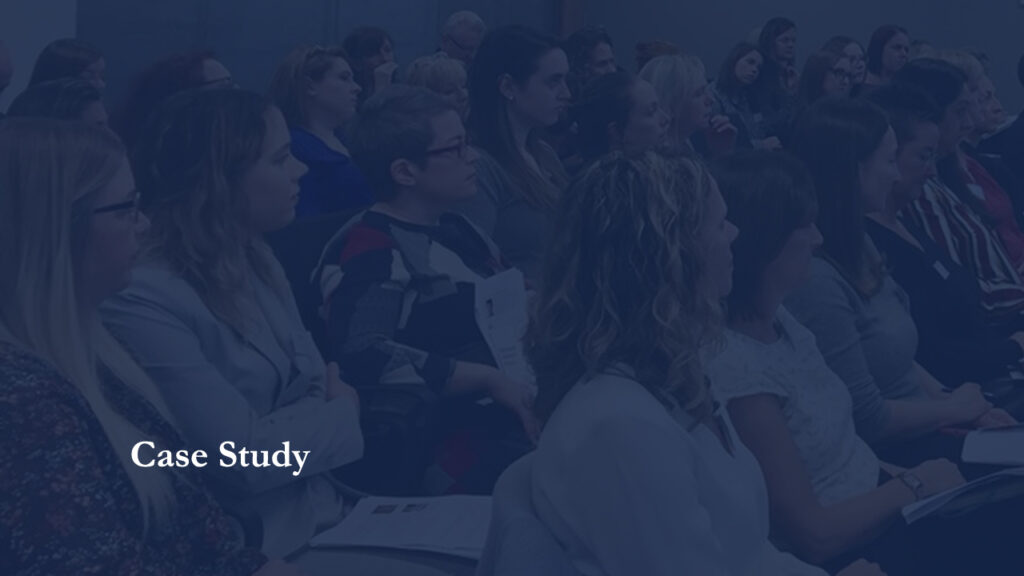Problem:
One London-based law firm with with over 2500 employees globally recognised they were losing mid-career women There was a particularly dramatic drop off at Partner level. Above all, this was frustrating as 60% of all trainee hires for over a decade had been young women.
Like many firms, the firm had grown through 15 years of mergers and acquisitions. At each stage, this left the new firm with fewer senior women than before the merger. This meant a legal sector culture change project was needed, with a specific focus on gender.
At the time, women made up just 21% of Partners. Additionally, the firm was now growing into Middle Eastern and Asian markets. This meant they started to realise that change away from a white, male and UK centric leadership model would be the only way to survive.
Goal:
Increase the number of women at Partnership level. Additionally, there became a remit to create a more inclusive culture for wider range of people and from offices outside London.
InclusIQ Support:
InclusIQ worked with the firm for six months as part of instituting legal sector culture change. Dr. Doyle-Morris led the Board as well as the Senior and Managing Partners in discussions on aligning wider business goals to their new focus on diversity. Additionally, InclusIQ undertook client-facing events on diversity to help engage clients on how the culture was changing.
Furthermore, this was enhanced by prior interviews with 70 staff, ranging from focus groups to individual meetings with sector and service heads. This enabled Dr. Doyle-Morris to make tailored recommendations, incorporating the long term effects of each merger, to create legal sector culture change. Recommendations focused on solutions on senior committee membership, family-friendly practices, use of technology and the ‘always-on’ culture.

Result:
As InclusIQ’s work was high-profile, women at the firm were pleased to see gender balance being addressed. It gave them optimism in their own futures. Externally, the firm went from one that had significant gender balance problems to one that was seen as leading and even winning awards on these issues, in the legal sector.
Most significantly, three years on from InclusIQ’s work, female representation increased to:
- Remuneration committee: 50%
- Board level: 38%
- Partnership nominations committee: 50%
- Service heads: 33%
- In a subsequent round of promotions, women made up 38% of all new Partners, nearly double the number of promotions (21%) prior to engaging InclusIQ.
The firm understood there were no silver bullets on this issue. They recognised they would have to remain focused just to keep pace with competitors, let alone better their own efforts.


